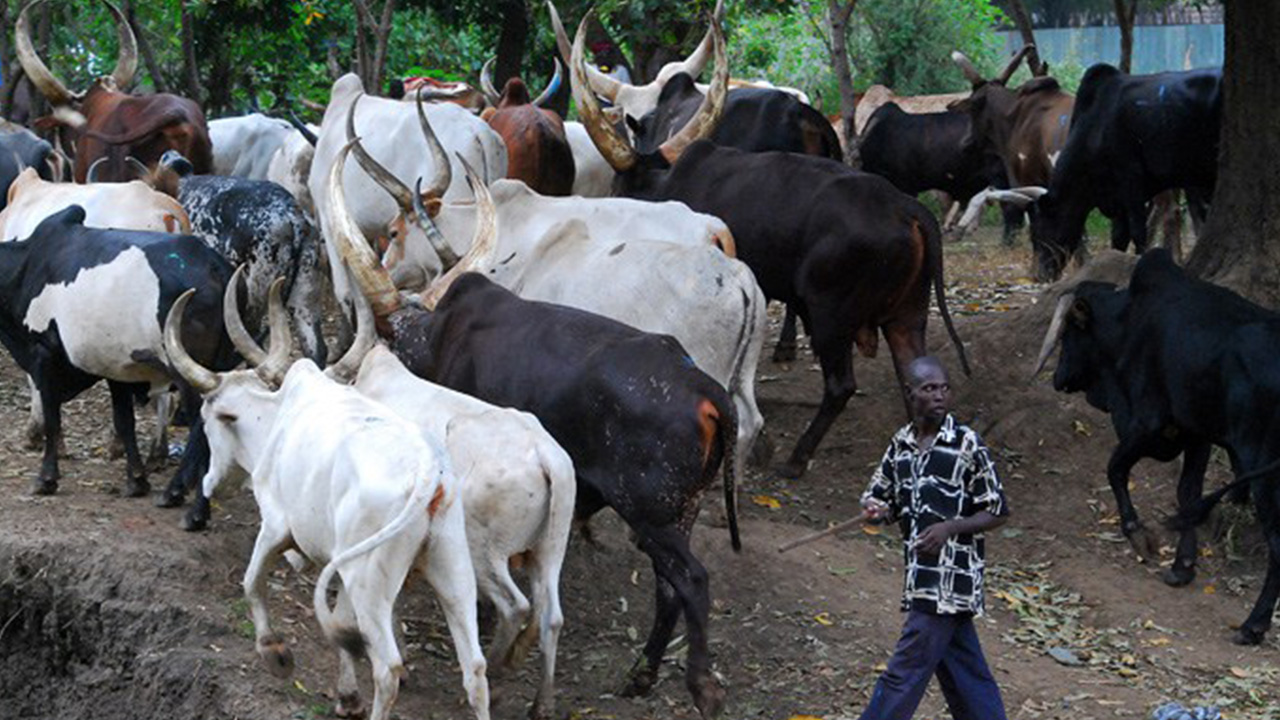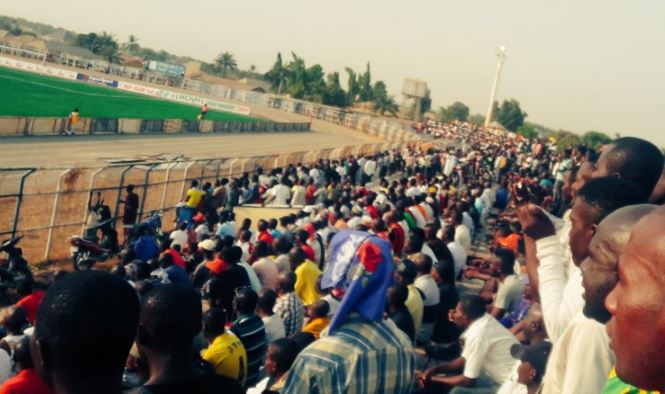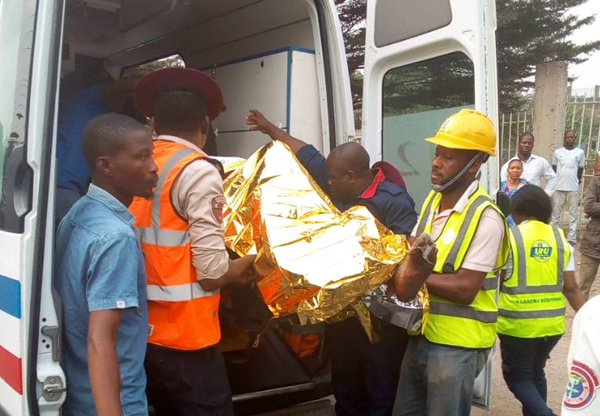There is no denying what is obvious. Herdsmen have attacked rural communities in different parts of Nigeria. The attacks are often brutal; the attackers would surround a village in the dead of night, shoot indiscriminately and set fire to huts. The killing is also indiscriminate; they kill anyone they can find, make the rest of the community to flee, then melt away into the hills and bushes almost without trace. The police almost never find the culprits.
Members of the sacked community then run to the authorities for help, telling gory tales and claiming they were attacked without the slightest provocation. Political leaders, escorted by heavily armed policemen and soldiers, then arrive at the scene, pressmen in tow. They condemn the heinous deed, inspect the damage done and promise to send help to the victims, which they hardly ever do. Armed policemen are then posted to “guard” the sacked community, a case of locking the stables after the horses had bolted. Sacked community members then languish in IDP camps, with scant food and water supplies and after many months of fruitless wait they slowly drift back to their communities to try to rebuild their lives.
Meanwhile, the politicians make much capital out of it, but only where the attacks are along the country’s ethnic, regional and religious fault lines. Even though criminal killings are going on in many parts of Nigeria, newspapers shout the loudest only when some sides of the divide carry out atrocities. Otherwise there is little media interest and there is no political capital to be derived from the killings. Where the herdsmen themselves or their ethnic, regional or religious kinsmen find themselves at the receiving end, as happened in Mambilla and Numan, the dominant news media takes little interest in happenings and sees it as either a case of just deserts or, where both combatants are from the wrong ethnic and religious divides as in Zamfara, as dog-eat-dog.
Where the herdsmen are involved, the sacked farming communities always say that the attacks were unprovoked. Most reporters do not bother to question this claim. That an attack was unprovoked could be true only in a certain context; most of the women, children and the elderly in the attacked communities did nothing to the herdsmen and probably did not even know that anyone else offended them. Yet, to the herdsmen themselves, every attack that they launch is a “reprisal” attack. That they leave thousands of villages along their routes untouched and sneak upon some specific ones suggests that somebody in that community did something; either killed a herdsman or rustled some cattle.
Advertisement
Part of the problem we have is that the herdsmen live in another age and they have different rules of engagement from the one most of us are used to. For example, the ugly notion that when someone offends them, every member of his village —woman, child, aged and infirm—is fair game in a reprisal attack is deeply offensive to modern value systems, not to mention United Nations conventions. But then, the herdsmen never read any UN convention. The bad news is, herdsmen are not alone in their ignorance of UN war conventions. During this country’s frequent inter-communal clashes, tribal militiamen on all sides are brutal and indiscriminate killers and they kill more people with clubs, spears and Dane guns than Europeans and Americans can kill with tanks and fighter planes, hence the notion of “high-tech, low casualty wars” and “low tech, high casualty wars.”
Equally problematic is the lack of statute of limitations in the herdsmen’s rules of engagement. Their “reprisal” attack could be for a deed that was committed many years ago. Many villages in Southern Kaduna State came under attack in 2012, a year after the 2011 post-election violence. From all indications the herders were avenging for their kinsmen who were killed in Southern Kaduna villages in 2011 when the violence that started in the state’s northern parts spilled over into Southern Kaduna. The same thing happened in Plateau State arising from the violence that followed the November 2008 local government elections. Long after urban folks had sheathed their swords, herdsmen sneaked up on villages for revenge.
The notion promoted by politicians and the mass media that herdsmen are all out to eliminate Tivs, Southern Kaduna natives, Middle Belters or Christians is a political stretching of the fact because the herdsmen hardly know that there is a “North Central geopolitical zone,” much less aim to extinguish it. Despite their supposed ethnic affiliation to Shehu Dan Fodio, most of today’s herdsmen practice Islam only nominally and are pre-occupied with survival, not religion. Those who say that herdsmen have a “Jihadist” agenda are accusing the wrong party because the herders themselves need a second coming of Dan Fodio to revive their religious practice.
Advertisement
Since 2012 Fulfulde-speaking bandits have killed far more people and sacked far more villages in Zamfara State than they did in Benue State. How come no one said they were trying to wipe out Zamfara State, North West zone, Hausawa or Muslims? Exactly the same brutal methods used against Benue villages were used against many villages in Zamfara State, in southern Katsina State and in the forested areas of north-western Kaduna State, Birnin Gwari Emirate. In most cases it was “reprisal” attack because local vigilantes killed or captured some bandits.
Prof Wole Soyinka went so far as to say that the herdsmen have declared war on Nigeria. How could they do so, when most of them are hardly aware that Nigeria exists? They have probably never seen a map of Nigeria. They do not know a local, national or international boundary when they cross one. What they know of Geography is what they gleaned the hard way by marching up and down the country with the seasons. Herdsmen were out of the loop with regards to government’s health, educational, housing, water or power projects over many decades. Now the chicken are coming home to roost.
Despite the neglect, the herders that I knew when growing up in my hometown respected state authority, the traditional aspect of it. They were always a very visible presence in alkali courts, police stations and traditional rulers’ courts trying to settle disputes. They report offenders to these places and they are also regularly reported to these places. Gaunt Fulani Ardos stroll in and out of courts, looking peaceable, walking unsteadily, speaking in low tones, greeting everyone along the way, generous with their kolanuts, always asking for directions, armed only with sticks. These days it is different; too many of them have acquired firearms in response to the challenge of cattle rustlers, no thanks to our inability to police our ports and borders.
Evidence abounds in recent years that the pastoral society has undergone a physical and value-system breakdown, much like the rest of Nigerian society. When a friend first told me fifteen years ago that the armed men that robbed him on the highway were pure Fulani ethnics, I found it very hard to believe, except that every Hausa speaker knows the Fulfulde accent very well. Soon afterwards I began to hear more and more stories about Fulani youths being the robbers on the Abuja-Kaduna and Abuja-Lokoja-Okene highways. Now there is no doubt about it; most of the kidnappers on the Abuja-Kaduna and Birnin Gwari highways are Fulani ethnics, not to mention the Zamfara bandits who are often well known to their victims.
Advertisement
So there is a crisis at hand in which climate change, population pressure, influx of small arms into Nigeria, the criminality of other ethnic groups as well as government’s total neglect of a large community’s needs over several decades have come together in a very combustible mixture. Among the suggested solutions already on the table is Wantaregh Paul Unongo’s idea of raising a Tiv national army.
This article first appeared in Daily Trust
1 comments








this article begs the issue as it is a soft-landing attempt for the Fulani herdsmen.
I am on my farm and some people invade it with their cattle to graze. It is i either submit my labor and watch as the cattle consumes my money or get killed.
This writer should come to Oke Ogun in Oyo State to see what is happening instead of fabricating a sweet story.